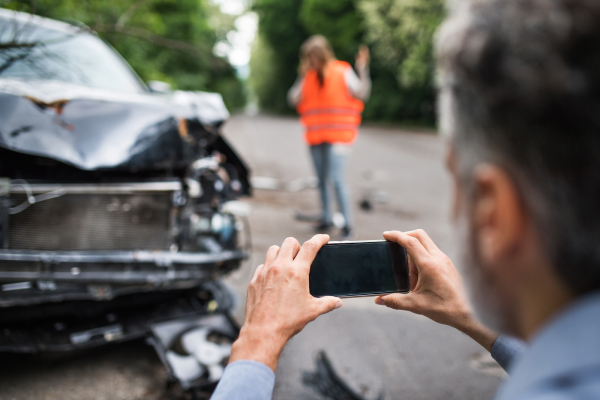
The evidence can make or break your compensation claim when you're involved in a car accident in Topeka. This evidence proves who was at fault and the extent of the damages you suffered. Strong evidence helps ensure that you receive fair compensation from insurance companies or in court.
At Fincher Injury & Accident Lawyers, we know how important it is to gather and present the right evidence.
Evidence supports your version of events and quantifies the damages for which you claim compensation. It helps bridge the gap between claiming an injury and proving it to an insurance company or judge.
The right evidence can significantly increase the likelihood of a successful resolution to your car accident claim. Our team of attorneys is skilled at collecting and using this evidence to build a strong case on your behalf.
In the context of car accident claims, evidence includes any material or information that helps establish the facts of the accident. It demonstrates who was at fault, the extent of the damage, and the accident's effects on the victim.
The main purpose of evidence in a car accident claim is to support the victim's case against the other driver or the insurance company. This evidence is vital for securing the compensation you deserve for damages and injuries, including in distracted driving cases.
Proper evidence can also help speed up the process with the insurance company. It provides clear facts that can make it harder for insurance adjusters to undervalue or deny your claim. This includes issues involving uninsured motorists.
In court, compelling evidence is essential for convincing a judge or jury of your need for compensation. At Fincher Injury & Accident Lawyers, we focus on gathering comprehensive evidence to strengthen your claim.
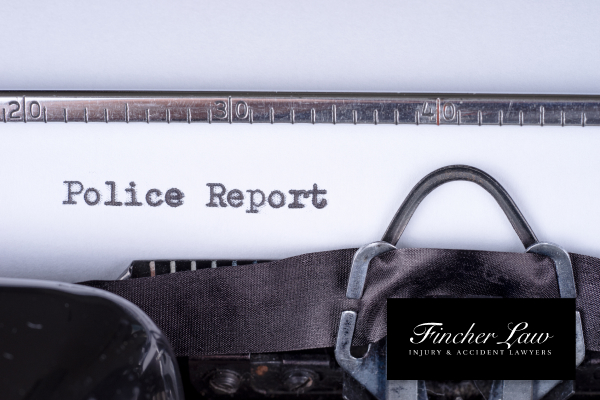
Collecting the right types of evidence is critical for supporting your car accident claim in Topeka.
A Topeka police accident report contains an officer's objective findings at the scene. It includes details about the accident's circumstances, potential violations, and statements from those involved.
Records from your insurance company can detail your coverage and the claims process. These documents are important when negotiating with other parties' insurers.
Medical records are vital for proving the nature and extent of your injuries. They link the injuries directly to the accident and detail your medical treatment.
Photos and videos of your injuries taken over time can show their severity. This evidence is very persuasive in demonstrating your suffering, pain, and need for compensation.
Images and videos from the accident scene capture details about the environment and vehicle damage, providing visual proof of the severity of the crash.
Statements from people who saw the accident can corroborate your account of the events. Their contact information is also essential for further investigation and verification.
Experts in accident reconstruction can provide reports that explain how the accident occurred based on the evidence. These reports can be critical in complex cases where the fault is difficult to determine.
Experts might include medical professionals who can testify about your injuries or car crashes or automotive specialists who can speak on vehicle safety features that could have influenced the crash outcome.
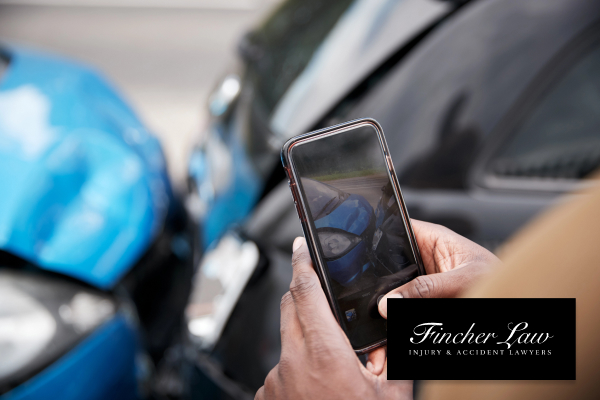
Proving negligence is essential for winning a car accident claim. Negligence means the other driver failed to act reasonably, leading to the accident. To secure compensation, you must show that this negligence directly caused your injuries and financial losses.
Evidence plays a critical role in proving negligence. It helps establish the sequence of events and shows how the other party's actions deviated from what a reasonable person would do.
At Fincher Injury & Accident Lawyers, we link evidence to key legal concepts to build a compelling case for negligence.
In Kansas, comparative fault rules may reduce your compensation if you are partly to blame for the accident.
If you are found to be less than 50% at fault, you can still receive damages, but your percentage of fault will reduce.
Awareness of how comparative pain and suffering without fault affect your case is crucial for setting realistic expectations for compensation.
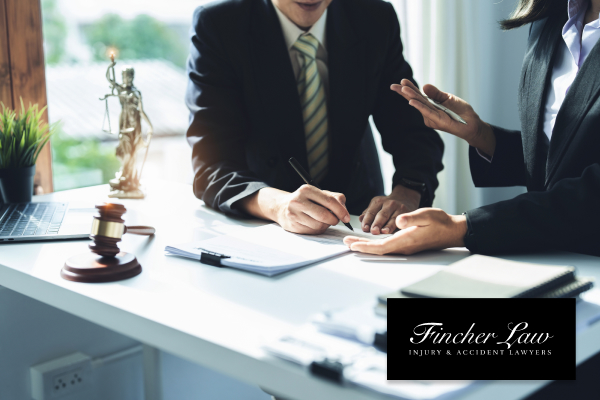
In any legal claim, not all evidence is created equal. The evidence you present supporting your car accident claim in legal proceedings must meet certain standards to be considered in court. It must be relevant, directly related to the case, and admissible, meaning it's collected and presented according to legal rules.
Knowing these rules is essential for ensuring your evidence can be used in your favor. At Fincher Injury & Accident Lawyers, we handle the legal complexities to ensure your evidence stands up in court.
The admissibility of evidence is governed by strict legal standards. Evidence must be relevant, obtained legally, and be able to be authenticated as true. Our lawyers are experienced in handling these legal hurdles to ensure your evidence is admissible.
Expert witnesses can provide specialized knowledge that helps explain complex evidence to a judge or jury. These experts can be indispensable in car accident claims, especially when technical details about injuries or accident reconstruction are involved. They help ensure that the evidence is clear and persuasive.
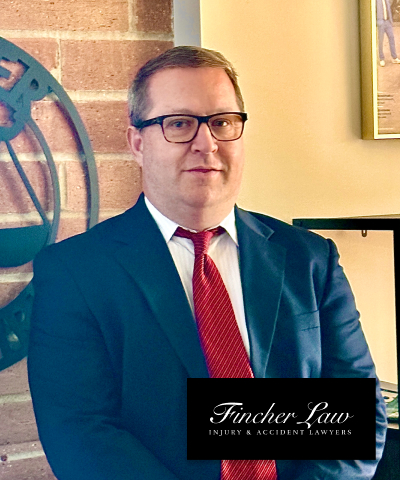
If you've been involved in a car accident in Topeka and need help with your claim, Fincher Injury & Accident Lawyers is here today. Our experienced personal injury lawyer can handle all types of car accidents.
Our top priority in all Kansas personal injury cases is to secure a fair settlement for our clients. We can do the same after your auto accident. Seek medical care for your serious injuries first. Then, contact us to schedule a free case consultation to discuss your injury claim.
Schedule Your
Free Consultation
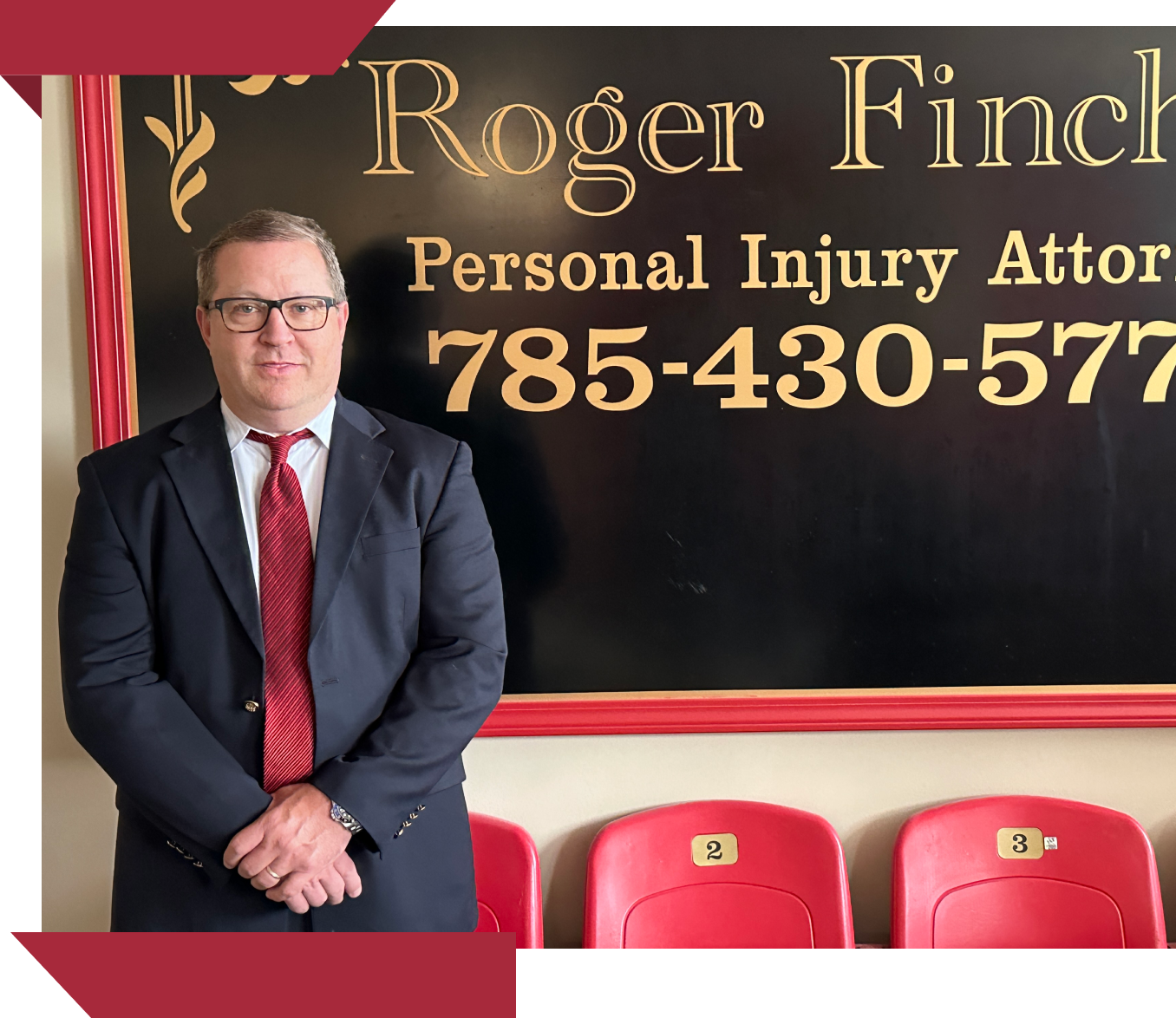
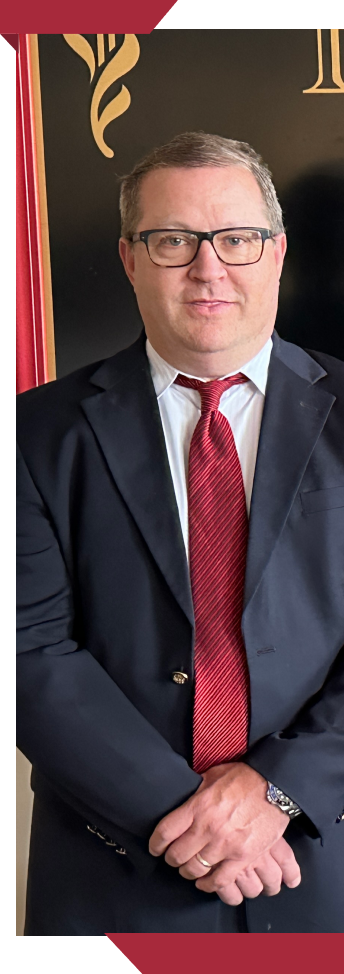

How Can We Help You?
How Can We
Help You?
Schedule a Free Consultation Now By Contacting
Our Team at (785) 430-5770 or by completing the form below
Schedule a Free Consultation Now
By Contacting Our Team
at (785) 430-5770
"*" indicates required fields